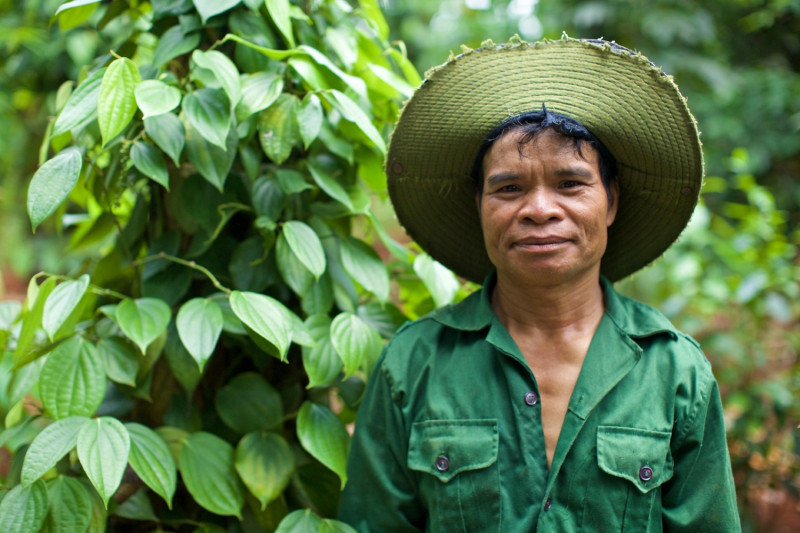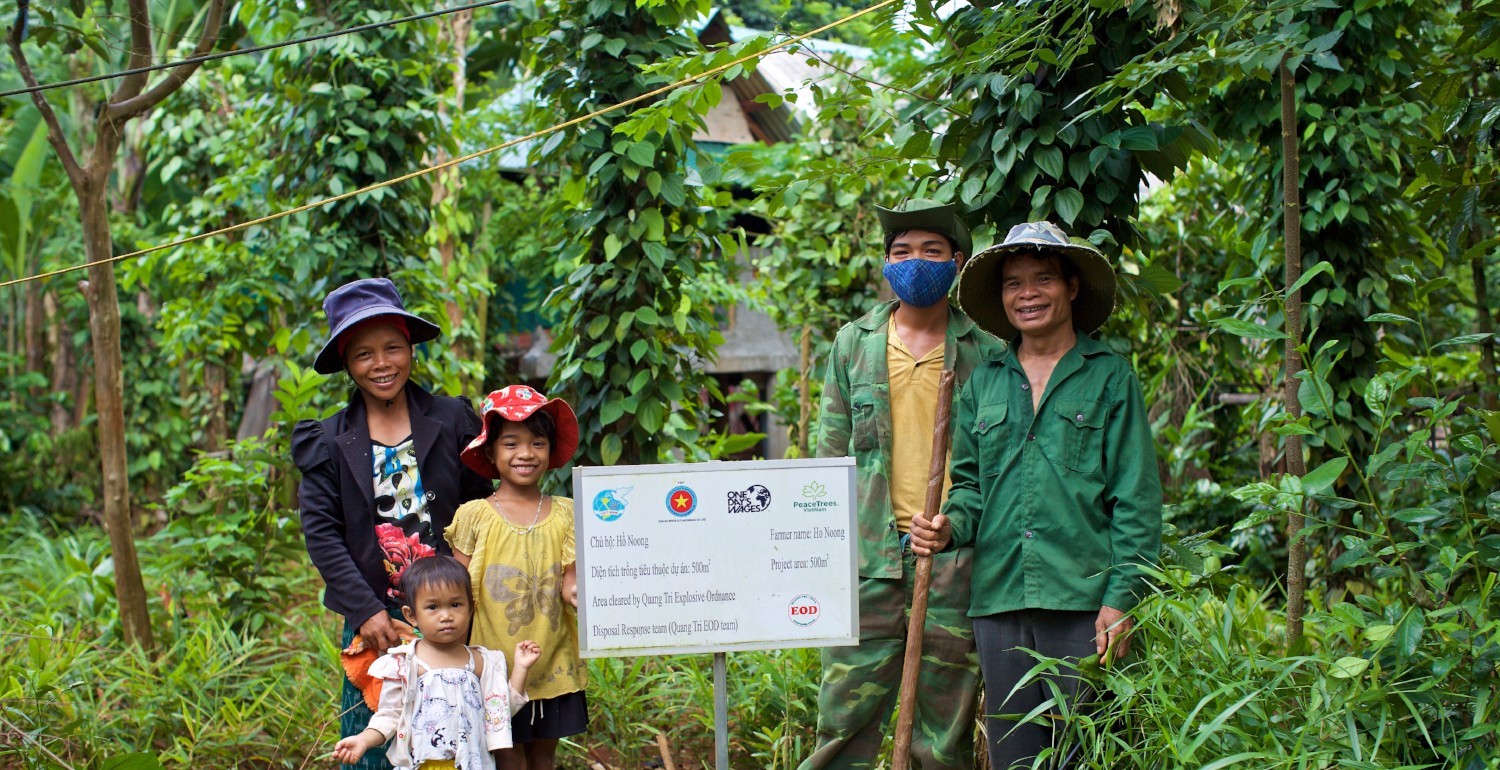BLACK PEPPER PROJECT
(In association with Peace Trees)
In summer of 2015, we partnered with Peace Trees to begin Black Pepper Farming Project in Con and Tram Villages. Both villages are located near Laotian border in Huong Hoa district and composed of rural, largely ethnic minority communities. Our goal with this project is to (I) Create opportunities for farming families to learn agriculture skills and techniques for pepper farming (II) Contribute positively to reduce poverty in their household over the long run (III) Create favorable enviroment for socio-economic development of the locality.
PROJECT HIGHLIGHTS
Support 30 households by providing startup material such as pepper seedlings, stakes, fertilizer to plant pepper.
Cooperate with PTVN, ODW and Quang Tri WU in management, monitoring and supervising project implementation.
Ensure project funds come to right beneficiaries and being used rightly and effectively.
Play a key role in providing training and technical support to farmers on agriculture issues, purchasing and selling practices (timing and prices).
At the end of each harvest buy the farmers' black pepper at market prices and provide them with a more stable income.


DAK NONG FARM PROJECT
(In assocation with IPM)
In partnership with a major US customer and IPM Institute, Pacific Basin Partnership has invested in an Organic demo farm in the central highlands of Vietnam. Our goal with this project is to (I) Create a center to educate, encourage & help farmers to adopt sustainable farming (II) Train farmers on various pest management techniques and provide resources required for sustainable farming. (III) Use IPM and agriculture experts knowlege to help farmers increase their organic yields.
PROJECT HIGHLIGHTS
Demo farm spread across 7.2 Ha. land with 300 m2 of nursery.
Conduct training sessions for farmers on Integerated Pest Management, Nutrition Management and Prevention & Treatment of plant diseases.
Invite local agriculture experts to organise seminars and advice farmers on probhibited and approved products to apply.
Conduct field survey and inspection of organic farms to ensure 100% compliance of all organic regulations.







